Top 8 Iranian Culture, Customs and Etiquette
Should you remove your shoes when visiting friends? Should you greet those on elevators with a smile? When thinking about the dos and don'ts in your own ... read more...nation, these questions might not seem like the most obvious ones, but things that you might not even consider at home can have a major impact abroad. Here is a list of Iranian Culture, Customs and Etiquette.
-
The majority of Iranians practice Islam, which dominates their personal, political, economic, and legal spheres. Islam first appeared in what is now Saudi Arabia. In the line of Jesus, Moses, Abraham, and other God's agents who brought revelation to humanity, the Prophet Muhammad is regarded as the final one. He stood out because he delivered a message to all people, not just one specific group of peoples. Muhammad brought the final book, the Quran, just as Moses brought the Torah and Jesus the Bible. All religious instruction is based on the teachings of the Quran and the Prophet's example (the Sunnah).
Muslims are required to perform five daily prayers at dawn, noon, afternoon, sunset, and evening. The local newspaper publishes the precise time every day. The Muslim holy day is Friday. Everything has been shut. Additionally, many businesses have Thursday off, making Thursday and Friday the weekend days.
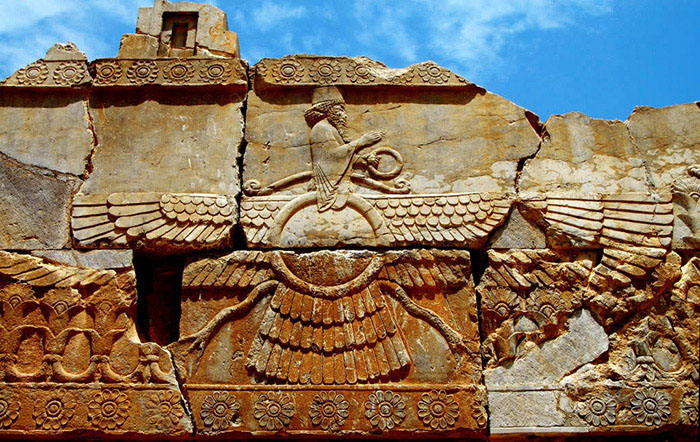
https://www.iranexploration.com/ 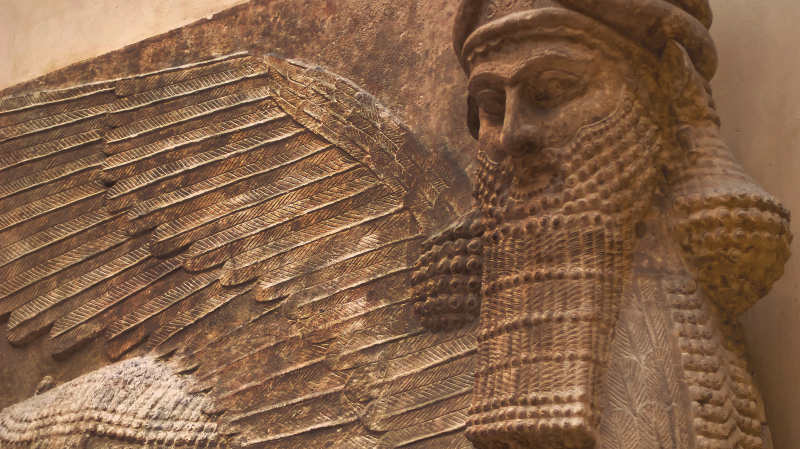
https://www.gadventures.com/ -
Check to see if the host is wearing shoes if you are invited to an Iranian's home. If not, take it off at the entrance. Dress sartorially. Do your best to appear at the appointed hour. Being on time is appreciated. Salute the seniors first to show them respect. Verify that the invitation includes your spouse. Mixed-sex organizations are not welcomed by conservative Iranians.
Be prepared to be led inside the visitors' room. European furniture is typically extensively used to furnish it. Shake hands with each person separately. Take up any offers of food or beverages. Always perform "taarof." Iranians are rather formal at meals. Even while some meals are eaten in the home without utensils and on the floor, this does not signify a lack of etiquette.
Meals are typically served at a dining table with place settings in more contemporary homes. Await instructions on where to sit. Use only your right hand to eat. Try a little bit of everything being offered. Typically, meals are presented to the entire family. The majority of tables are just furnished with a spoon and fork. There is frequently more food than there is room for. Providing abundance to visitors is a component of Iranian hospitality.
Expect to receive more servings, possibly even a third. Initial denials will be interpreted (taarof again!) as kind gestures and will not be taken seriously. After finishing your meal, leave some food on your plate. There are typically two sections in restaurants: "family," where women and families can eat, and "men only." In hotel restaurants, gratuities of between 10 and 15 percent are customary.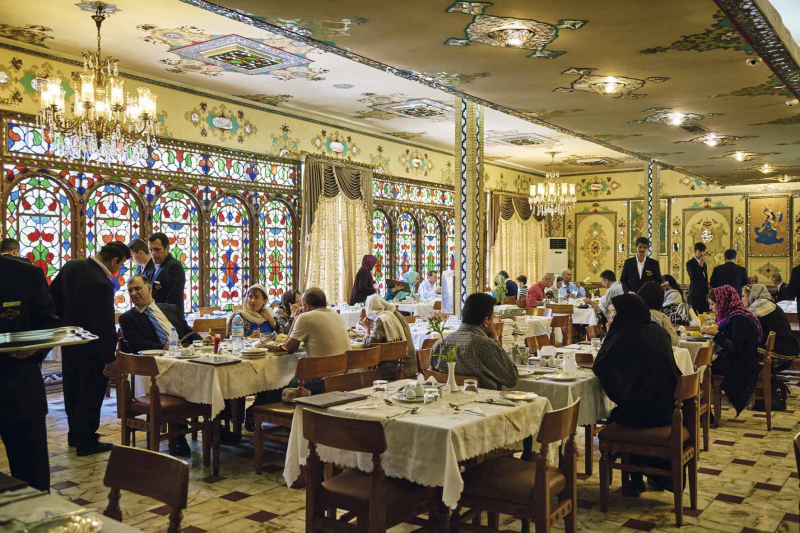
https://irantravelx.com 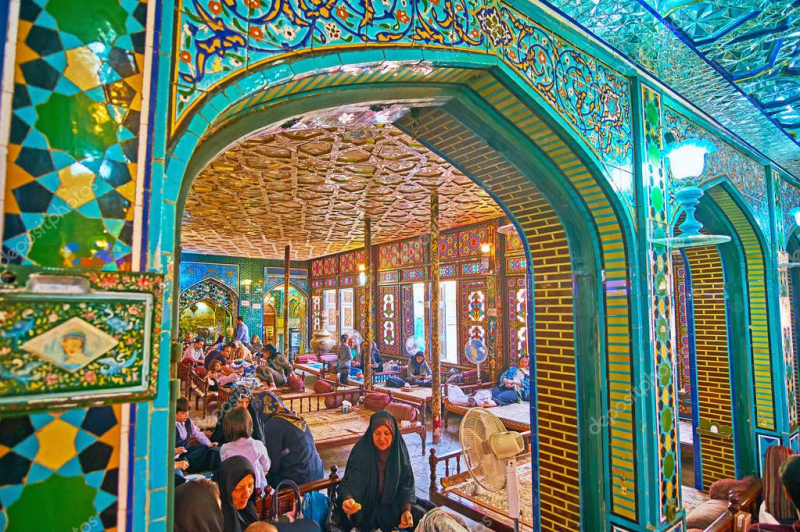
https://depositphotos.com/ -
In general, Iranian families form the backbone of the society. Children typically take care of their family very carefully. Persian families often only have one or two kids, but the extended family is quite close-knit. In addition, loyalty to one's family comes before all other commitments, even those in the workplace. Additionally, compared to many other cultures, the idea of family is more private in America.
The family is truly the cornerstone of Iranian society. In comparison to many other cultures, the idea of family is more private. Female relatives must always be looked after and shielded from outside influences. Inquiring about an Iranian's wife or other female relations is not appropriate.
Iranians are very serious about their obligations to their families. Families are often modest, with just one or two kids, but the extended family is quite close. The family provides the individual with a social network and support when they are in need. Relatives who are elderly are cared for at home rather than in a nursing home.
Family loyalty is prioritized over all other social and professional relationships. Nepotism is viewed positively since it suggests that hiring people is prioritized by familiarity and trust.
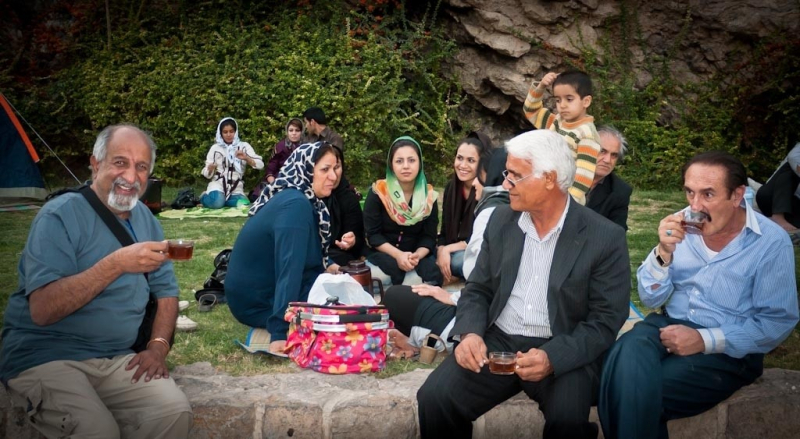
https://www.ghoghnos.net/ 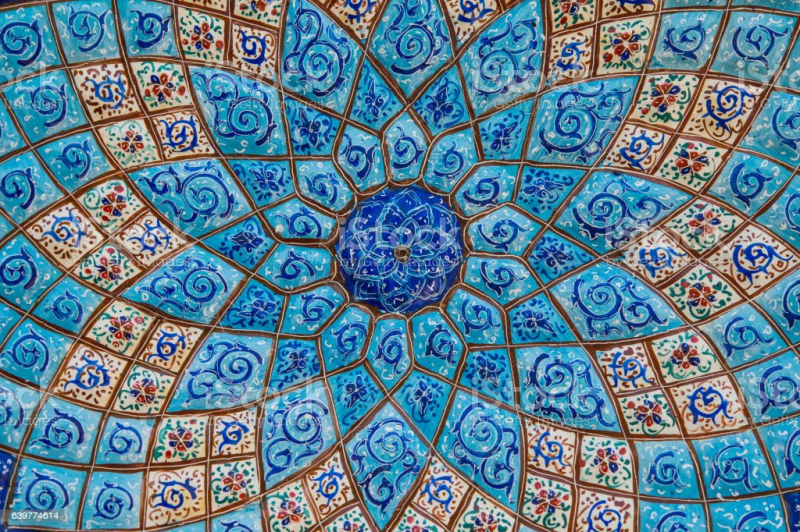
https://www.istockphoto.com/ -
Iranians often offer gifts on social occasions, such as when someone returns from a trip or has a significant personal or professional accomplishment. Businesspeople don't anticipate receiving gifts on their birthdays; instead, they bring cakes and other treats to the office.
On No Ruz, it is customary to offer money to servants or other individuals who have rendered services during the year (The Iranian New Year). New banknotes or gold coins should be used as payment. Bring flowers or dessert to an Iranian's home if you are invited. Always express regret when presenting a gift if it is inadequate.
Gifts should be tastefully packaged; most stores will do this for you. Any gift should be accepted with both hands. If you present a gift, be modest about it and express regret if it falls short. The provider is not present when a gift is opened. Never give alcohol as a gift to a devoted Muslim, a Bahá', or anyone else who is Iranian if you do not know them well. Gifts are typically not opened right away. They might even be placed on a table without being mentioned.
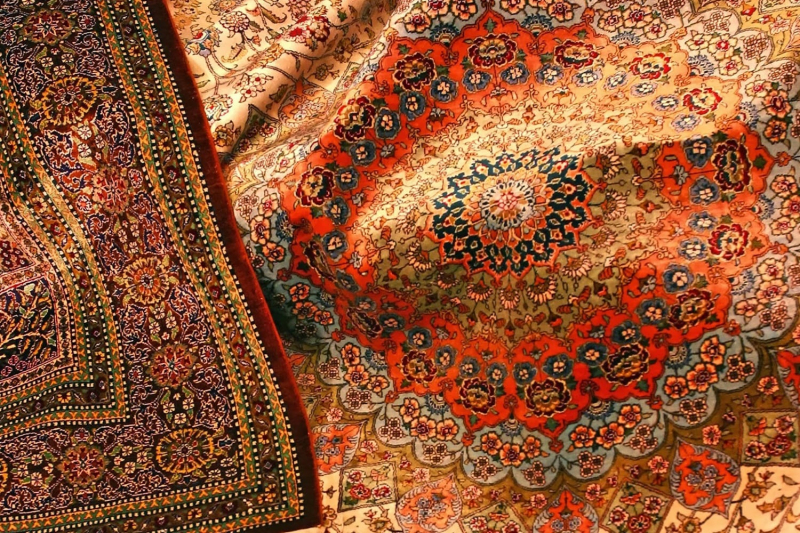
https://surfiran.com/ 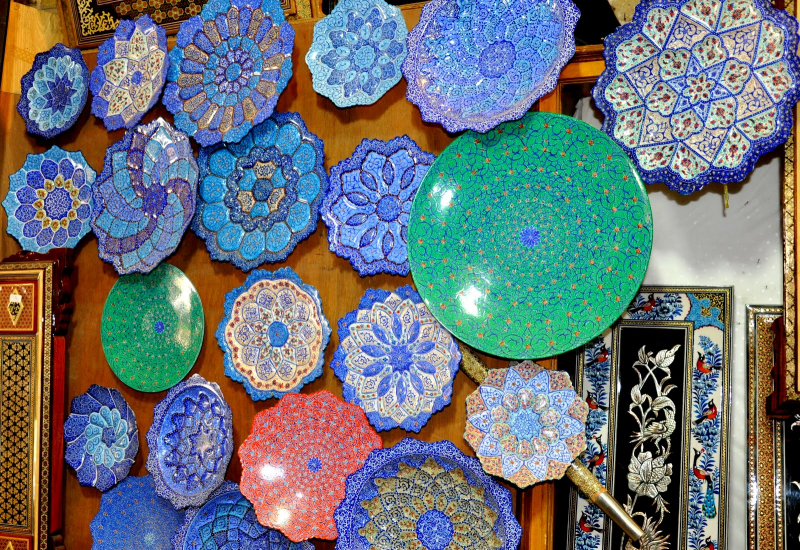
http://olivejourney.blogspot.com/ -
Iran's official religions include Zoroastrianism, Christianity, and Judaism in addition to Islam, which is the country's official religion. Even though people are becoming less religious, especially in religious or smaller communities, religion is still significant for a sizeable portion of the population.
Two months in Iran can be challenging for visitors, particularly for those who are unfamiliar with Islam and its traditions: the Muharram festival and Ramadan. Shia Muslims lament Imam Husayn's passing during the month of Muharram. Long-term mourning created a culture. Every region of Iran celebrates holidays in a unique way. It's incredible to witness funeral processions in person or capture them on camera.
Another month, Ramadan has its characteristics. Muslims fast during the month of Ramadan. Ramadan, a different month, has distinctive features. Muslims fast during the month of Ramadan. Many towns never sleep throughout Ramadan. The nightlife of people transforms, and practically all cafes and restaurants stay open till dawn. No one is required to fast, but it is forbidden to eat, drink, smoke, or chew gum in front of others. Although many restaurants close up shop before sunset, the eateries at your hotel are open.
Ramadan, with its incredible Iftar and customs, is the greatest time for Iran tours, tourists, and travelers to get a glimpse of another aspect of Iranian culture.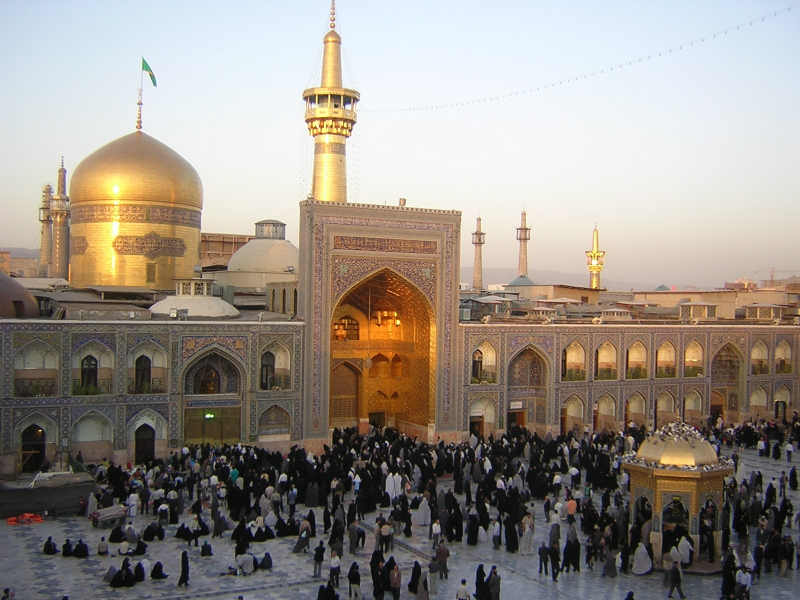
https://financialtribune.com/ 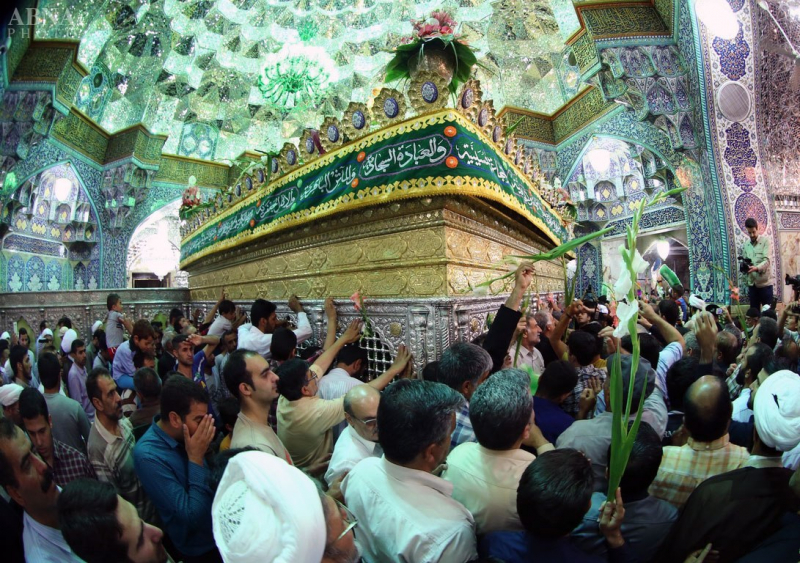
https://persiatours.com/ -
Iran is home to several stunning mosques. These mosques have been constructed for over a millennium and are a significant component of Iranian historical architecture. Mosques exhibit Iranian Islamic art quite effectively. Here, we'll go through some key procedures and decency when visiting mosques and shrines.
Mosques and shrines are open to non-Muslims. For accessing historic mosques like the Imam mosque in Isfahan, there is no specific attire required. But ladies are required to don a "chador" at mosques and shrines. There is a chador at the entry if you don't have one of them.
Be polite when entering a mosque or a shrine's edifice. If there is a carpet on the floor, avoid stepping on it with your shoes. Give the workers at the entry your shoes, or carry them with you in the plastic bags that are provided. Typically, photography is allowed. But it's frequently prohibited inside shrines. So, heed the cues.
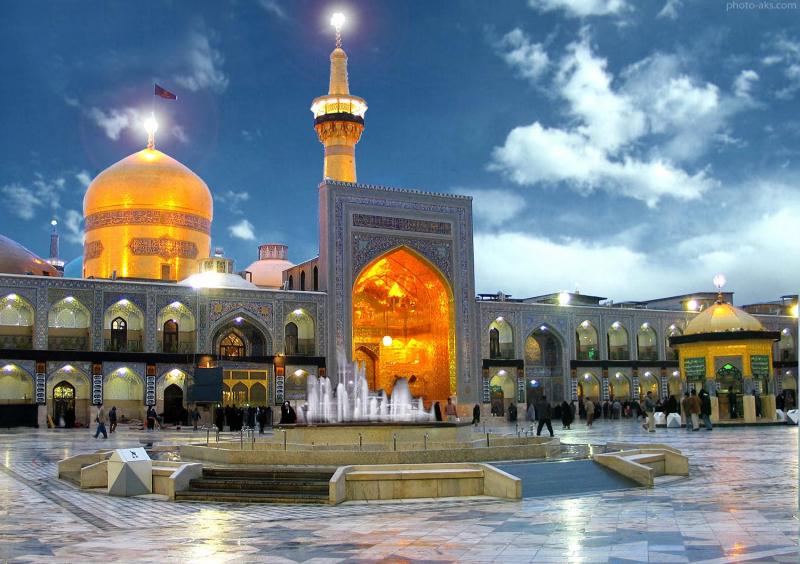
https://1001mosques.blogspot.com/ 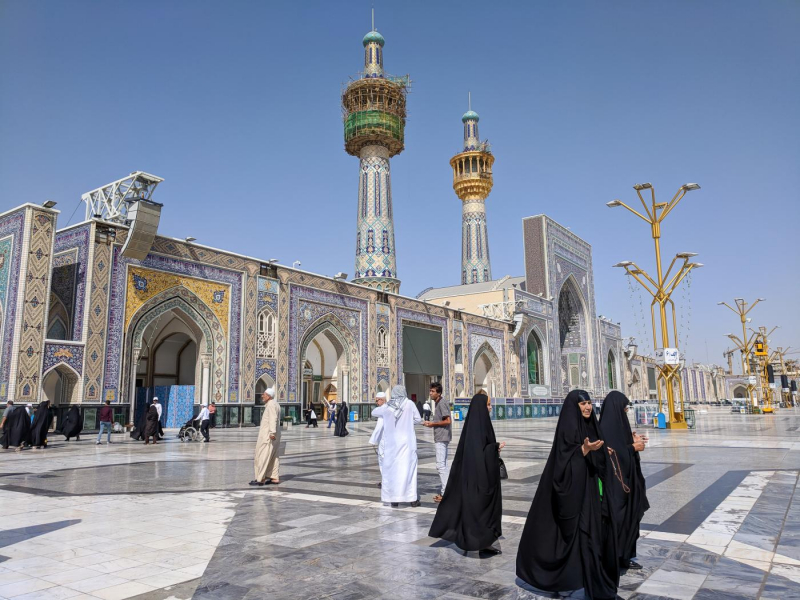
https://wallhere.com -
Iranians have been used to hosting visitors since a very long time ago. In Iran, hospitality is regarded as one of the most important values. Iran's lengthy history and rich culture have shaped its etiquette and customs. Here is a list of significant Iranian customs that can help you learn more about Iranian culture.
Inside the House:
- The spirit of hospitality is one of the most essential Iranian virtues. It emphasizes opening your home to visitors and giving them a warm welcome. So believe me! It's likely that you'll receive an invitation to an Iranian home. There are a few protocols you should be aware of if someone invites you to his or her home.
- Bring your host flowers or pastries or a modest gift to start. It's a nice thing to do. Aim to arrive on time. Being on time shows that you respect your host. Check to see if your host is removing shoes before you arrive. In that case, remove your shoes. Between inside and outside, there is a distinct boundary. As was mentioned, this law is applicable not just to residences but also to mosques, shrines, and many other locations. Iranians avoid walking barefoot on carpets.
- At home, many of them don slippers. No matter whether you know them or not, extend a warm welcome to everyone in the family. Meals are typically served on the ground. However, a dining table and chairs are increasingly commonplace in many homes. Iranians enjoy having visitors. Their welcome is a reflection of the dignity and respect they have shown the visitor.
- As a result, there is usually extra food available. Your host typically provides a second and third serving. Your initial denial will be interpreted as Taarof by the host! Iranians also wear separate slippers in the bathroom. Only use these slippers in the bathroom. Iranians also wear separate slippers in the bathroom. Only use these slippers in the bathroom. Remember to take off your toilet slippers after using the facilities.
Iranian Bathrooms and Toilets:
- Iranians used to take their baths in conventional bathhouses. It served as a community washing and massage area. There are several operational historic restrooms in various cities. It can be great to take a bath in the conventional Iranian manner.
- Iranian homes now often only have showers, not bathtubs, in the bathrooms. The toilet and bathroom are often distinct rooms. Iran has two different styles of toilets: Iranian-style and Western-style. Most hotels feature Western-style restrooms, but if you're unsure, check with the hotel before making a reservation. Both types may be present in newer homes. The same holds true for public restrooms. Only one Iranian-style toilet may be present in older buildings.
- Despite having both in their homes, Iranians use water in public restrooms instead of toilet paper. So typically there won't be any toilet paper when you use a public restroom. As a result, always keep a modest supply of tissues on you. Remember to remove your toilet slippers before leaving the bathroom.
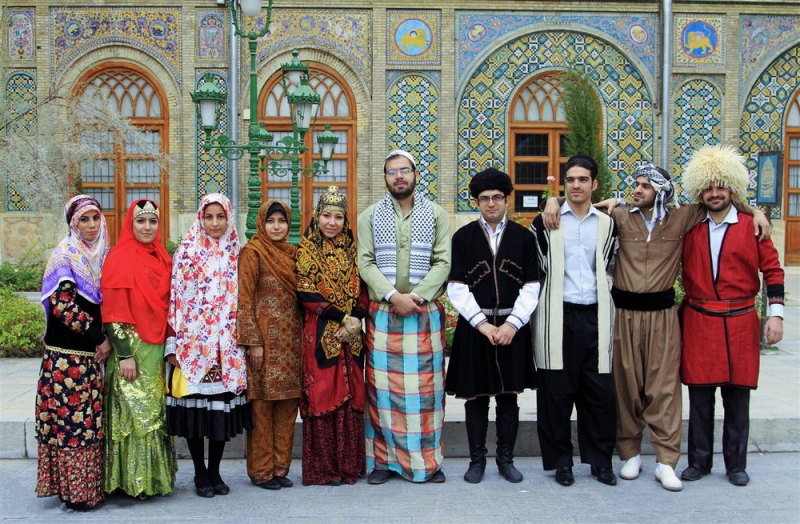
https://www.tehrantimes.com/ 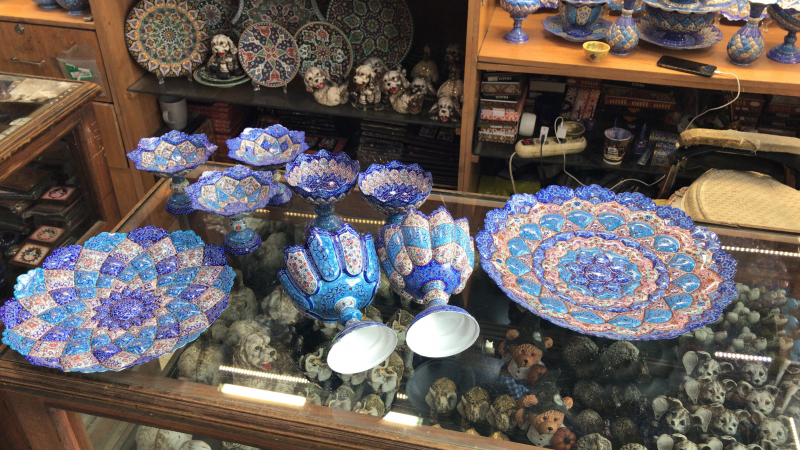
https://www.pinterest.com -
A system of politeness known as Taarof or Ta'rof is used in both spoken and nonverbal exchanges. Let's first learn how to pronounce it before delving into the cultural core. Say "ta" (the way you pronounce taught in America), then "rof."
What is Taarof, then? It's one of the trickiest aspects of Iranian etiquette. Additionally, it is one of those important cultural facts about Iran that you should be aware of before visiting. You say one thing while really meaning something else. Learn it in context first. Take the situation where you wish to pay in a cab. The taxi driver initially refuses to take your payment out of courtesy, but eventually agrees. He poses as declining the payment.
Taarof is comparable to any other approved politeness-related behavior. It is a way. It is taken into account. Remember that Taarof was developed over hundreds or perhaps thousands of years. Without seeing it yourself, it is impossible to comprehend. Don't worry, then! Nearly of Iranians are aware that outsiders are unaware of what taarof is.
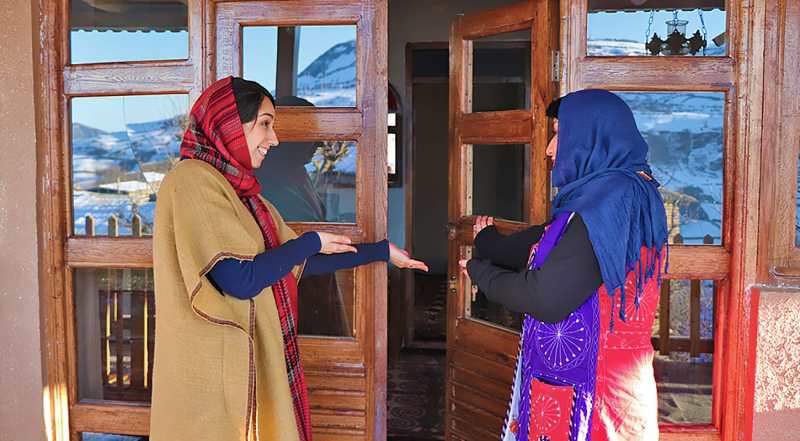
https://www.persiansarenotarabs.com/ 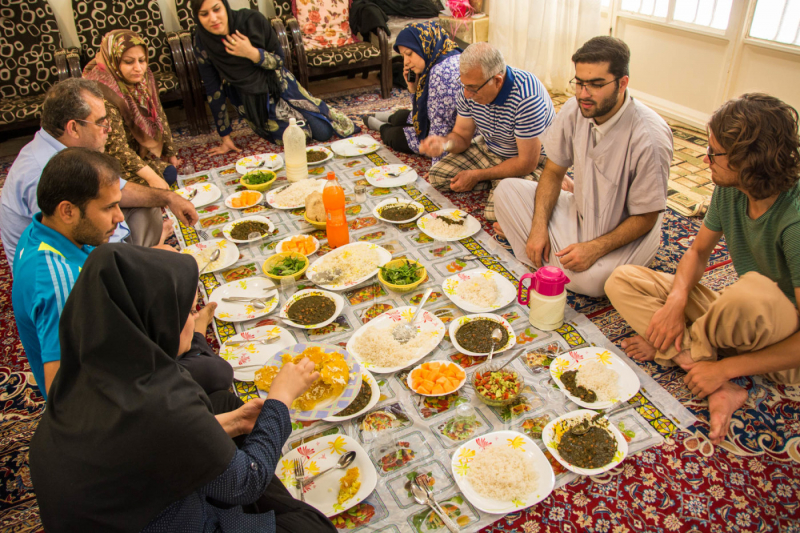
http://matadornetwork.com/





























